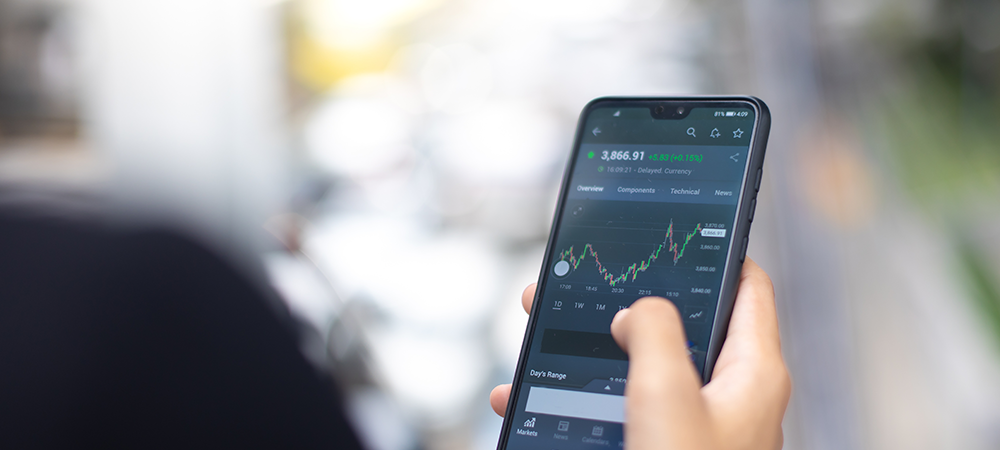Trading apps have revolutionised investing, with over 130 million users worldwide and the global online trading market projected to reach US$12 billion by 2028. As technology advances, investors expect more than just basic trading tools—they demand AI-driven insights, real-time data and personalised experiences. But what does the future hold? To find out, we asked three industry experts: David Materazzi, Jason DeLorenzo and Deepak Shukla. They share their insights on the next evolution of trading apps, from AI-powered automation to improved financial education. Here’s what they had to say about the trends shaping the future of digital investing.
Deepak Shukla, Founder at Pearl Lemon
The next phase for trading apps is all about enhancing user experience while promoting financial education. Usability will continue to be key, with apps becoming even more intuitive, offering tailored dashboards, personalised AI-driven insights, and seamless navigation. This allows both new and experienced investors to make informed decisions quickly and confidently.
In addition, we believe trading apps will invest heavily in education—incorporating interactive tutorials, real-time learning tools, and scenario-based simulations. These features will make investing more accessible, particularly for beginners who often feel overwhelmed by the complexities of trading.
Another critical trend is increased transparency and risk management tools. With market volatility in focus, trading apps will likely provide clearer breakdowns of risk exposure, automated alerts, and improved portfolio management features to protect users and build trust.
Ultimately, the future of trading apps lies in their ability to balance simplicity, education, and personalisation—creating platforms that empower users at every level of expertise.
Jason DeLorenzo, Owner and Principal of Ad Deum Funds and YouTube personality Wizard of Ops

Over the past few years, broker-dealers have innovated ways to attract and retain retail investors on their platforms. Most recently, brokerage platforms have reduced commissions to zero, instead using an auction process for market makers to obtain order flow (most commonly known as payment for order flow, or PFOF). Additionally, brokerages have designed apps that give the look and feel of a game rather than a serious investment tool.
Retail investors are becoming wise to these tricks and will begin to demand that brokerages provide data that helps them trade more effectively. Historically, these data sources have been closely guarded by large institutions and hedge funds, but the availability of data has increased, allowing savvy retail investors the opportunity to use tools like AI to gain an edge. As a result, there are now institutional-level data sources available to retail traders.
One example is Volland at www.vol.land, which has a platform that stores all of the options trades made daily and uses AI tools to categorise them into dealer-bought or dealer-sold, then applies pricing models to help determine dealer hedging requirements. Tools like this used to be available only to institutions, but any brokerage that provides this level of data and offers APIs for automated trading will gain customers and trading volume. Furthermore, the more successful a trader is, the better the retention for the brokerage—ultimately increasing its profits.
David Materazzi, CEO of Galileo FX

Many people feel stressed by the huge number of complicated trading tools available. There are so many options, but they take a lot of time to learn and use properly.
Time is precious. Most users don’t want to spend hours figuring out complex software. They’re overwhelmed by too much data and too many choices. What they really need is something simple. Simplicity is the future. But being simple doesn’t mean sacrificing power. Users also want low risk, even though we know it’s impossible to remove risk completely in trading.
The best tools combine simplicity with smart features. For example, a good app should be able to learn and improve by itself. If it notices three losses in a row, it could adjust its settings before making the next trade. It could even suggest changes to the user. Of course, the user should always have the final say.
Another trend is better organisation. There’s too much information out there: news, data, and communities like Reddit. People want apps that handle this for them. They want a tool that’s smart, automatic, and up to date. It should adapt to the user… not the other way around.
The future is clear: simplicity, power and personalisation. A great app helps users focus on big decisions without drowning in unnecessary details.




